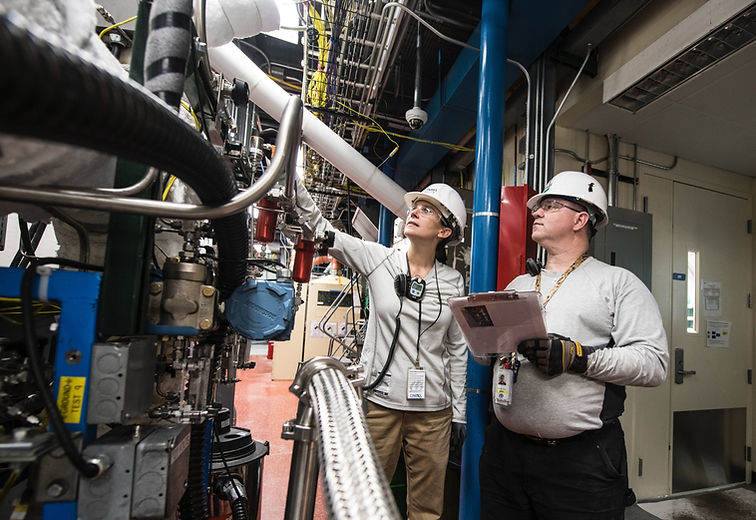
MPH
ENVIRONMENTAL HEALTH TRACK
We are a nationally-accredited MPH program that prepares advanced students for an exciting career working to solve the most pressing environmental problems of today and tomorrow. Environmental Health professionals anticipate, recognize, evaluate and control hazards that can affect human health in both the natural and built environment. Environmental Health professionals are scientists who apply their skills to solving environmental problems. Our graduates are in demand and are widely employed in the pharmaceutical industry, hospitals, universities, environmental consulting firms, food supply and distribution companies, state and federal government, and county health departments. Experts trained in Environmental Health are increasingly short in supply but high in demand; for a brief illustration of what we do visit the Association of Environmental Health Academic Programs (AHEAP) website.
MPH Environmental Health Track candidates should have an undergraduate degree in a science, engineering or public health field but others with coursework in the sciences are also invited to apply.
For more background about what we do, who hires our students and what kinds of job opportunities await them, take a look at these links:
National Institute of Environmental Health Sciences (NIEHS)
Centers for Disease Control (CDC): Environmental Health
National Environmental Health Association (NEHA)
American Industrial Hygiene Association (AIHA): Careers
National Institute for Occupational Safety and Health (NIOSH)
CURRICULUM
Our carefully designed plan balances the course load. All MPH students complete a common 24-credit core followed by 18 credits of applied environmental health courses. During the final summer of your program you will gain hands-on experience through a 4-credit Applied Learning Experience. In addition to the traditional 46-credit MPH we offer a fast-track option to advanced undergraduates in their final year of study.

MPH CORE COURSES
Foundations in Public Health
Public Health Epidemiology
Biostatistics
Environmental Health
Health Care Management
Systems Thinking in Public Health
Policy in Public Health
Social and Behavioral Aspects of Health
Research Methods
Interprofessional Practice
APPLIED ENVIRONMENTAL HEALTH
Environmental Regulations
Water Quality
Environmental Toxicology
Industrial Hygiene
Risk Assessment
Occupational Safety
Climate Change


APPLIED LEARNING EXPERIENCE
Applied Learning Experience I
Applied Learning Experience II
Get in touch with us to receive more information on the program or an advising sheet template.